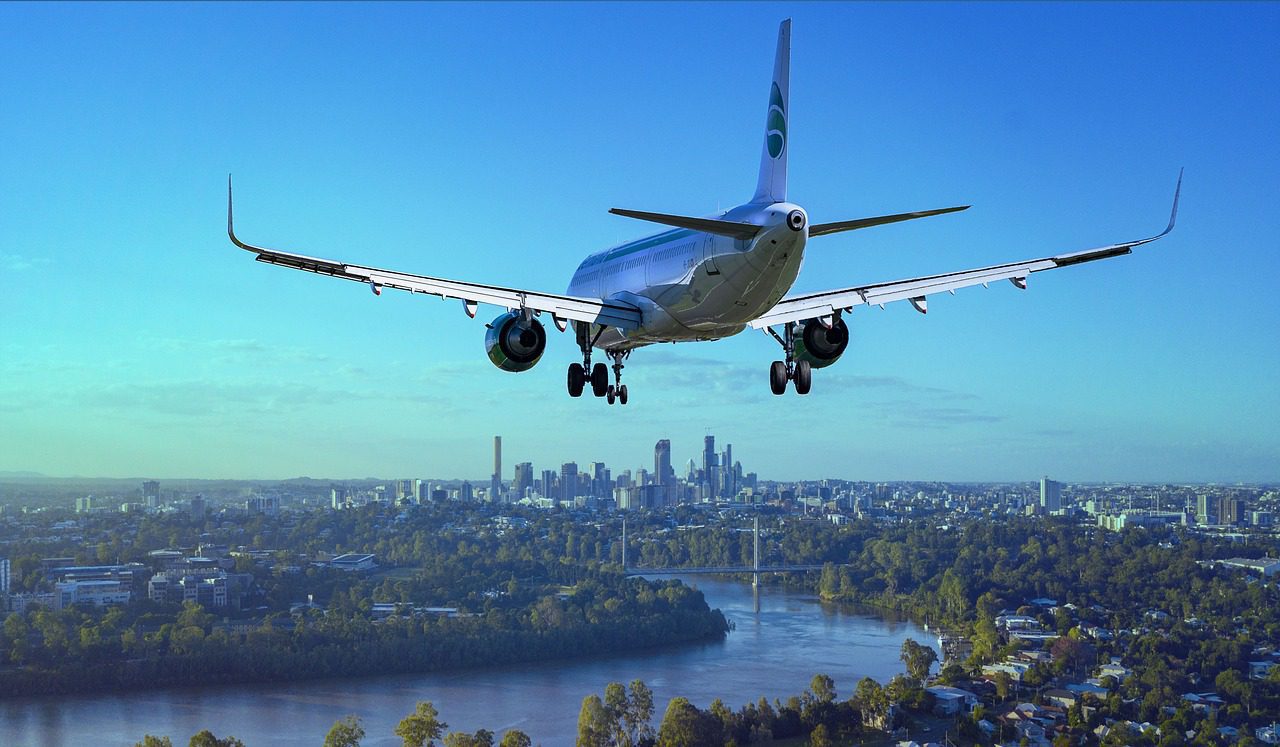
Against Biden’s Newest Bid To Make Air Travel More Expensive
David B McGarry
April 29, 2024
The Biden administration apparently has no greater priorities than to infantilize consumers. It seems determined to deploy the force of the world’s most powerful government to eliminate every minor economic inconvenience Americans face. Many problems — e.g., high prices, reckless spending, careering debt and deficits, and a floundering entitlement state — are too big to attract Biden’s attention. However, while many problems are too large, no problem is too small for the administration.
On Wednesday, the Department of Transportation (DOT) announced two finalized rules that — putatively — will lower costs for air travelers. However, consumers should view both skeptically. One rule will require airlines to refund customers whose flight delays or cancellations meet prescribed criteria; the other will require them more prominently to disclose non-ticket charges, such as bag fees and cancellation pricing.
Biden and other Democrats’ quest to regulate airlines misunderstands modern American air travel. In their telling, the flying industry seems to be utter madness, occupied by greedy corporations and dissatisfied customers. However, more American are flying than (almost) ever before. In 2022, 853 million passengers traveled via U.S. airlines, according to the Bureau of Transportation Statistics (BTS) — a near record high. This figure falls 8 percent short of 2019’s record peak, but it has almost fully rebounded from its Covid-era valley. In 2023, 86 percent of Americans said they had flown, and 49 percent said they had flown during the past year. Three decades prior, these figures sat at 77 percent and 33 percent, respectively.
The airline industry — like any other— has its share of warts and imperfections. Delays and cancelations unquestionably impose major inconveniences on unlucky travelers. Yet they remain rare. BTS reports that, in 2023, “only 1.29 percent of flights were cancelled across the 10 largest U.S. airlines, far below the 2.71 percent cancellation rate for 2022, 1.76 percent for 2021, 5.99 percent for 2020, and 1.90 percent for 2019.” As a rule, the airline industry does stellar work, providing necessary and widely accessible transportation services. This all goes without mentioning the fact that fatal accidents have all but ceased.
Regulation naturally introduces compliance costs, for which businesses compensate by raising consumer prices. Consumers can expect to have to cover whatever compliance costs are associated with DOT’s new regulations. The DOT’s new refund requirements cover passengers whose flights were cancelled or “significantly changed.” As put by the DOT’s press release, “Significant changes…include departure or arrival times that are more than 3 hours domestically and 6 hours internationally; departures or arrivals from a different airport; increases in the number of connections;” and more. These refunds will be welcome to inconvenienced travelers — a small minority — yet all travelers will likely pay for them.
As the Reason Foundation’s Baruch Feigenbaum notes, although, “customers complain about flight delays, airlines charging fees for baggage or to change flights, dwindling legroom and more…survey after survey shows air travelers prioritize low ticket prices above all else.” Government regulators bulldoze in claiming to defend consumers, yet their inflationary policies will yield the precise opposite of what price-sensitive consumers want.
Looking at the fee-disclosure rule, one is left scratching his head. The rule’s premise seems to be that Americans who choose a seemingly cheap plane ticket will, upon discovering further fees later on in the booking process, simply complete the purchase without re-checking other airfare options. Why this ought to be the federal government’s concern defies explanation. If consumers have no desire to spend 10 extra minutes shopping for a cheaper flight, the DOT shouldn’t expend regulatory effort to coddle them.
With time, even regulations that seem relatively harmless prove to have myriad unforeseen consequences. These generally inflate prices, dampen innovation, and benefit larger incumbents whose vast resources allow them to navigate regulatory barriers far more easily than upstarts can. To preserve competitive forces, and enhance consumer choice, regulators should only regulate to ameliorate major problems, not insignificant annoyances.
Joe Biden’s presidency faces many such major problems — problems that demand the federal government’s attention. He should pivot his focus to those and leave off his nanny-statist witch hunts against productive American industries.
